pollute (v)
/pəˈluːt/
to make air, water, or land too dirty and dangerous for people to use in a safe way
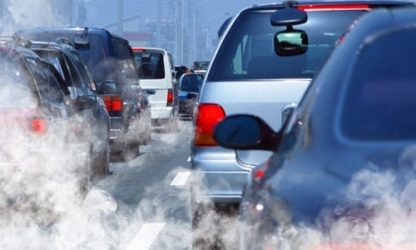
global warming (n)
/ˈɡloʊ.bəl ˈwɔːr.mɪŋ/
the increase in temperature of the earth's atmosphere, that is caused by the increase of particular gases, especially carbon dioxide
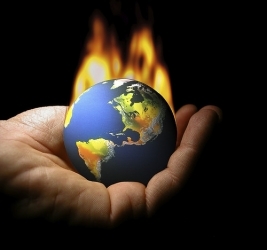
oil slick (n)
/ɔɪl slɪk/
a layer of oil that is floating over a large area of the surface of the sea
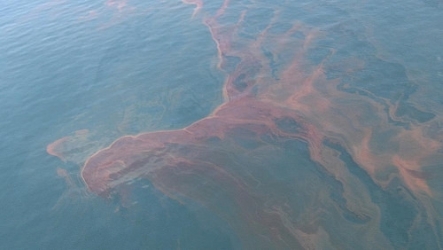
ozone layer (n)
/ˈoʊ.zoʊn ˈleɪ.ɚ/
a layer of ozone high above the earth's surface that helps to protect the earth from harmful radiation from the sun
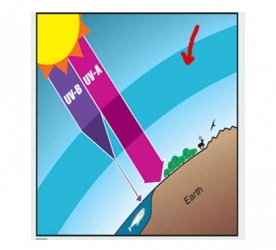
biodiversity (n)
/ˌbaɪ.oʊ.dɪˈvɝː.sə.t̬i/
the number and types of plants and animals that exist in a particular area or in the world generally

insect (n)
/ˈɪn.sekt/
a type of small animal with six legs, a body divided into three parts, and often two pairs of wings, for example, an ant, beetle, or butterfly

reproduction (n)
/ˌriː.prəˈdʌk.ʃən/
the process of having babies, producing young, or producing new plants
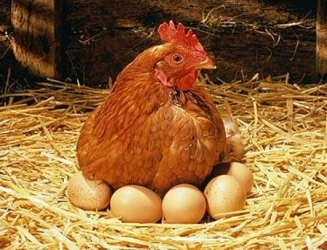
wildlife (n)
/ˈwaɪld.laɪf/
animals and plants that grow independently of people, usually in natural conditions










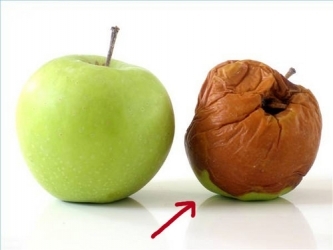

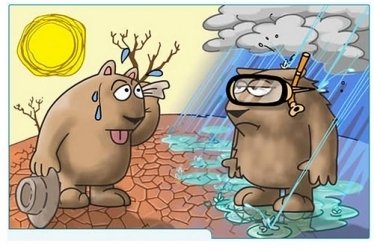





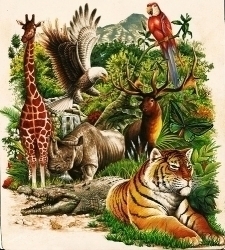


















 Hãy đăng ký thành viên và đăng nhập để sử dụng chức năng này!
Hãy đăng ký thành viên và đăng nhập để sử dụng chức năng này!
Bình luận